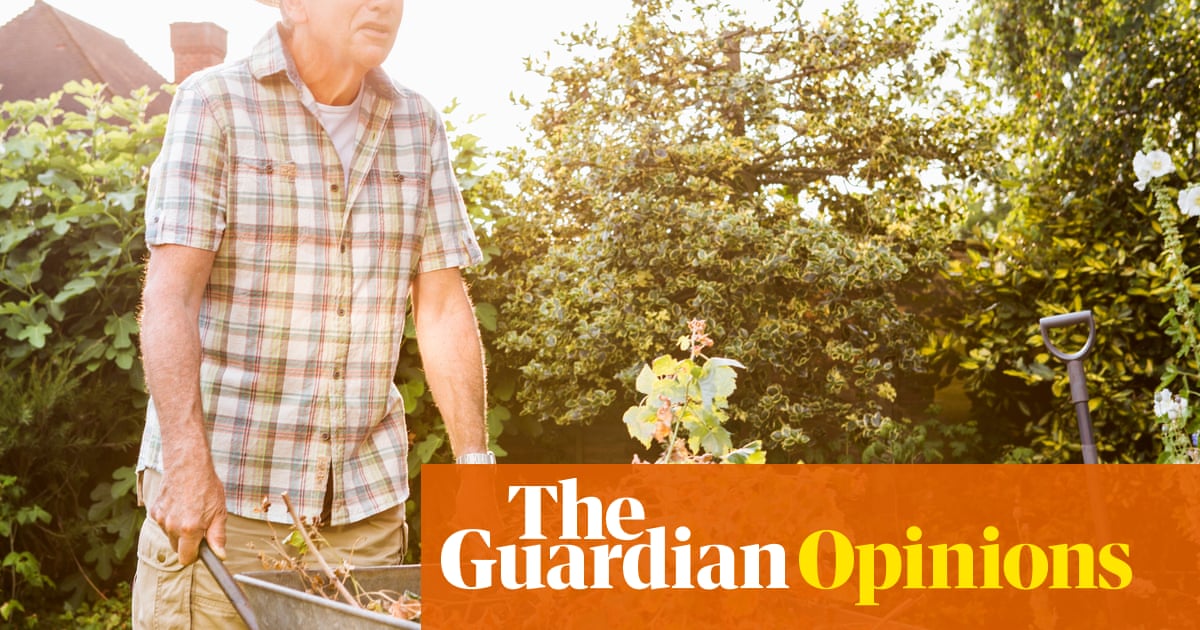Gardening, I’ve realised, is easy. It’s clearing up afterwards that takes all the effort. This is true of many things, from cooking to relationships. Doing them is one thing; sorting the mess out afterwards is another.
Planting stuff is a doddle. Planting the right things in the right place is less straightforward. But both are easier than the clear-up. I’ve learned this the hard way, by working like an ox all day, only to leave the place looking as if a team of oxen has been driven through it. I had thought that pruning trees, fighting hedges, pulling up brambles and obsessively weeding counted as tidying. In this I was mistaken, because cutting, hacking and digging count as tidying only if you, well, tidy up after yourself. Leaving stricken branches and weeds where they lie creates more mess. Obvious really, but at some level I must have been thinking that all that browning vegetation would sort itself out by means of decay and decomposition. Or birds would take it away and build nests. Not so.
A gardener friend came round, had a look, said he could see how much work I had done, but inquired as to why I’d left it looking such a mess. This was a fair question, to which I had no answer. He pointed at the path through it, covered in weeds, discarded and growing. “If I were you,” he advised, sagely, “I’d get the path nice and clear and everything will go from there.” I did, and he was right. With the pathway clear, the rest of the garden looked a lot better. It feels as if there’s a maxim for life in there.
I blame myself for my chaos – ye gods, you should see the state of the kitchen when I’ve finished my culinary magic. But I also blame gardening and cookery programmes. Advice on tidying up, or even merely the importance of it, isn’t proffered; you rarely see the gardener with a broom or the chef with a cloth.
If tidiness is next to godliness, then I am doomed. I’m determined to change my ways before it’s too late. No longer do I venerate the topiarist; it’s the poor devil clearing up all the clippings I most admire. The Welsh are on to something when they use “tidy” to mean good or nice. Yes, that’s right. Tidy, in fact.
Adrian Chiles is a broadcaster, writer and Guardian columnist
